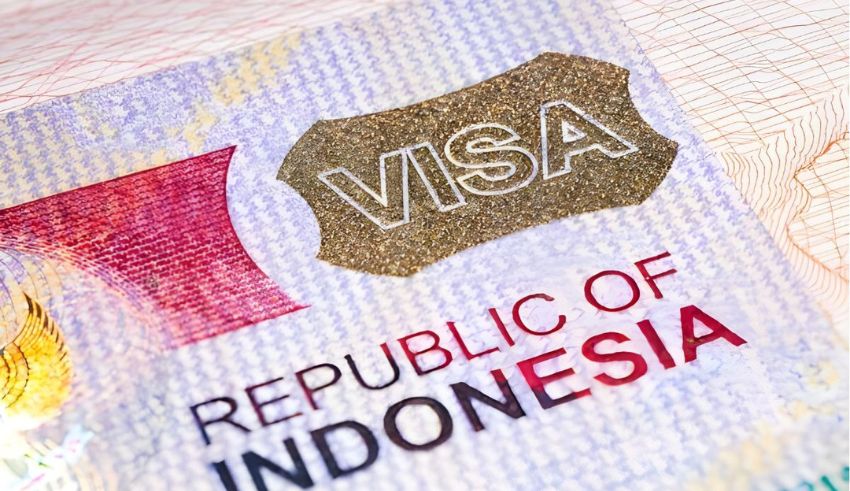

(c)travelobiz
The recent move by Indonesia to halt visa-free entry for 159 nations has highlighted the country’s dedication to preserving the health and safety of its inhabitants and tourists. This article investigates the reasoning behind this decision, its possible effect on tourism and the economy, and the safeguards put in place to protect public health in the face of continued global concerns.
The decision to halt visa-free entrance originates from Indonesia’s commitment to preventing the spread of contagious illnesses. The nation hopes to better oversee and monitor the arrival of foreign tourists by temporarily restricting visa-free access, ensuring that necessary health regulations are followed. This preventive step is consistent with worldwide efforts to reduce the spread of communicable illnesses.
The suspension of visa-free access is projected to have a substantial effect on Indonesia’s tourist industry as well as the general economy. Tourism is critical to the country’s economic prosperity, generating jobs and foreign currency profits. While this action may temporarily restrict tourist arrivals, it attempts to find a balance between visitor numbers and public health concerns, guaranteeing a safe and long-term recovery for the tourism sector.
Indonesia’s decision to prohibit visa-free entrance is consistent with the country’s commitment to public health. The nation hopes to reduce the danger of imported cases and possible outbreaks by establishing stronger entrance criteria, such as the demand for visas, health certifications, and adherence to health regulations. These policies promote the well-being of both Indonesians and tourists, laying the groundwork for a better and safer environment.
In addition to banning visa-free immigration, Indonesia has been steadily improving its health and safety regulations. These include expanded testing capacity, contact tracing initiatives, vaccination programs, and public health enforcement. The government intends to establish an atmosphere favorable to tourism revival and inspire trust among both local and foreign passengers by undertaking comprehensive measures.
Indonesia’s decision to halt visa-free immigration demonstrates the difficult balance between public health protection and economic stability. While a temporary drop in visitor arrivals may cause short-term issues, the government’s proactive action indicates a commitment to putting health and safety first. This approach establishes the groundwork for a sustainable tourist industry and establishes Indonesia as a responsible and conscientious destination.
In the future, as Indonesia navigates the difficulties of a changing global scene, the temporary suspension of visa-free travel sends a powerful statement about the country’s commitment to public health. Indonesia hopes to emerge as an attractive and secure destination for tourists as global circumstances improve by prioritizing health procedures, establishing strong safeguards, and carefully regulating the balance between tourism and safety.
Indonesia’s decision to halt visa-free entrance for 159 nations demonstrates the country’s commitment to the health and safety of its inhabitants and tourists. While the measure may have an immediate effect on tourism and the economy, it is consistent with worldwide efforts to prevent the spread of contagious illnesses. Indonesia hopes to promote a resilient tourism economy and a secure environment for both local and foreign passengers by improving health and safety measures.
The Senior Asian Wrestling Championship 2025 held in Amman closed with an exhilarating finale for India. The freestyle wrestling contingent…
Having been aired in Japan, the second season of Shangri-La Frontier has just been completed, and people are already hashtagging…
OpenAI updated ChatGPT-4o to include its best text-to-image tools so free users can generate Studio Ghibli artwork by giving basic…
The stepping down of Piyush Gupta from the post of CEO of DBS Bank came after 15 years of leading…
The Delhi Directorate of Education releases 2025-26 marks for year-end tests in school levels 6 through 11. Online test data…
Singapore will further cement its status as an important basketball destination when it hosts three FIBA 3x3 events in 2026…
This website uses cookies.
Read More